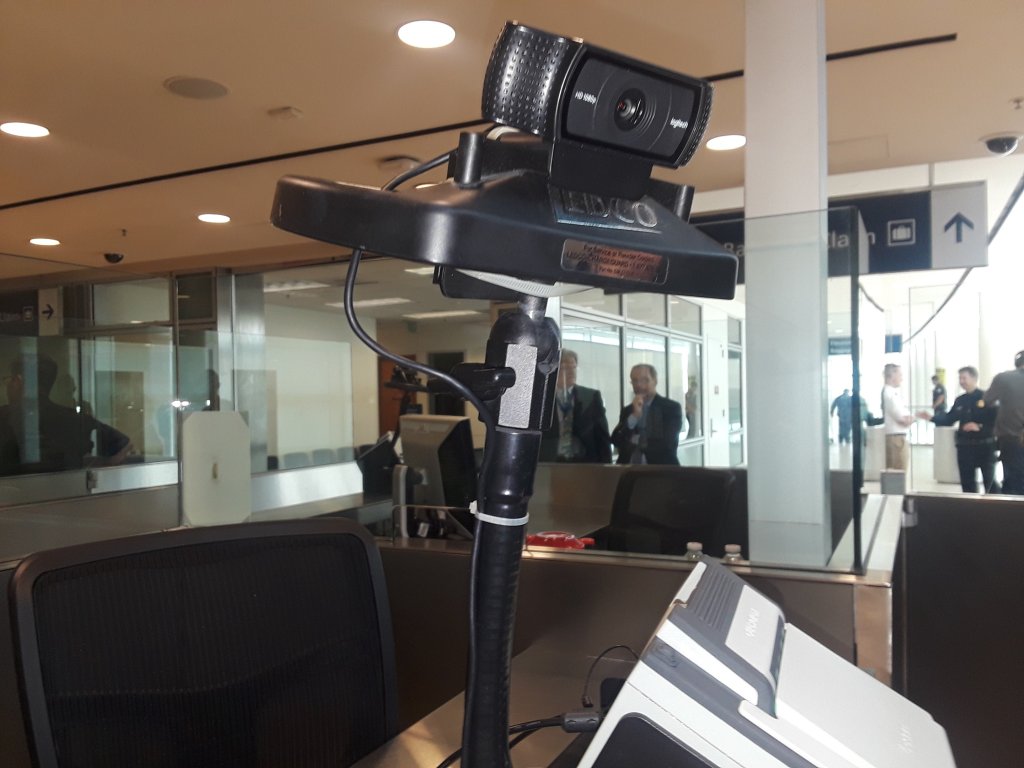This week in facial recognition news, contrasting approaches by two tech giants.
Thursday, Google said it would hold off on releasing facial recognition technology as part of its commitment to the responsible use of artificial intelligence.
“Unlike some other companies, Google Cloud has chosen not to offer general-purpose facial recognition APIs before working through important technology and policy questions,” said Kent Walker, Google’s senior vice president of global affairs, in a blog post about Google’s AI efforts in Asia.
He might have been referring to Amazon, which this week made news for a couple of facial recognition developments. One is its apparent work with Immigration and Customs Enforcement (ICE), which neither party has confirmed. But the retail/tech giant — whose employees are trying to push not to sell its facial recognition technology, Rekognition, to the government — won’t say it doesn’t.
“We provide our Rekognition service to a variety of government agencies, and we think that the federal government should have access to the best available technology,” Brian Huseman, Amazon’s vice president for public policy, told the New York City Council this week when a councilman asked whether Amazon has a relationship with ICE. And when BuzzFeed News followed up by asking the same question, it also got a non-denial.
Also, a patent application filed last month by Amazon seeks to marry Ring doorbell technology, which is now owned by Amazon, with Amazon’s facial recognition. Among other things, the patent mentions that users could add faces to a list of “suspicious” people and send it directly to law enforcement. CNN was the first to report on the patent.
“Amazon is dreaming of a dangerous future, with its technology at the center of a massive decentralized surveillance network, running real-time facial recognition on members of the public using cameras installed in people’s doorbells,” said Jacob Snow, technology and civil liberties attorney at the ACLU of Northern California, in a blog post this week.
Earlier this year, the ACLU released results of its test of Rekognition: Amazon’s technology falsely matched the faces of 28 members of Congress with mugshots of people who have been arrested. The advocacy group and others are calling for a moratorium on government use of facial recognition.
Snow also warned that Amazon might extend surveillance capabilities to its popular Echo products, and share information with the government.
On the other hand, the ACLU praised Google’s “moral compass,” referring to the company’s decision to hold off on releasing its facial recognition technology.
“Google also made clear that all companies must stop ignoring the grave harms these surveillance technologies pose to immigrants and people of color, and to our freedom to live our lives, visit a church, or participate in a protest without being tracked by the government,” said Nicole Ozer, technology and civil liberties director at the ACLU of Northern of California, in a statement Thursday.










